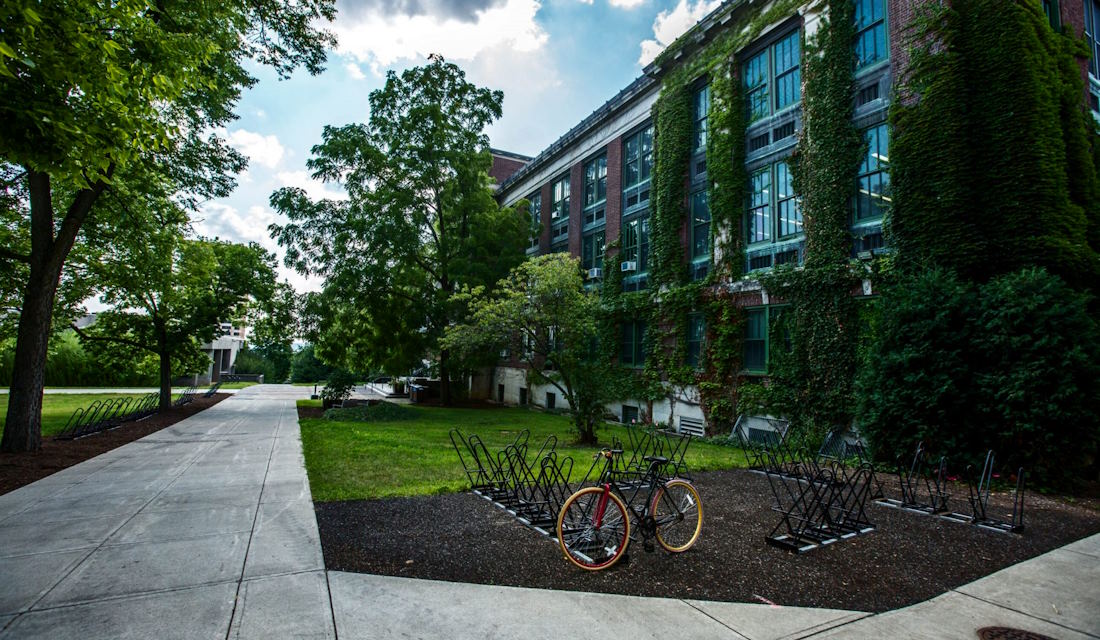
How to Overcome Procrastination in Student Life
Procrastination, the silent saboteur of productivity, is a universal challenge faced by students across the globe. As we delve into the intricacies of student life, it becomes apparent that overcoming procrastination is not merely a battle against time but a journey of self-discovery and discipline.
Consequences of Procrastination: A Closer Look
Academic Consequences
- Poor Grades: Procrastination and academic success share an inverse relationship. The longer tasks are postponed, the more likely the quality of work diminishes, leading to subpar grades. The rush to complete assignments last-minute often results in hasty, error-ridden submissions that fail to showcase a student’s true potential. As grades serve as a pivotal metric in academic achievement, consistently succumbing to procrastination can jeopardize overall performance.
- Incomplete Assignments: Procrastination is the harbinger of unfinished business. When students delay their tasks, assignments remain incomplete, contributing to a cycle of unmet expectations. Incomplete assignments not only hinder academic progress but also deprive students of the valuable learning experiences embedded within these tasks.
Emotional Consequences
- Stress and Anxiety: Procrastination begets a heavy emotional toll, manifesting as stress and anxiety. The pressure cooker of impending deadlines coupled with the realization of incomplete work creates a breeding ground for heightened stress levels. This emotional burden not only affects academic performance but also permeates into other aspects of a student’s life, impacting overall well-being.
- Decreased Self-Esteem: As incomplete assignments and poor grades accumulate, so does the erosion of self-esteem. Procrastination often leads to a self-perpetuating cycle of disappointment, where students question their abilities and self-worth. Over time, the negative impact on self-esteem can hinder personal growth and diminish the enthusiasm needed to excel in academic endeavors.
Strategies to Overcome Procrastination: Empowering Your Academic Journey
Setting Realistic Goals
- Breaking Down Tasks into Smaller, Manageable Steps: The journey of a thousand miles begins with a single step. By dissecting larger tasks into smaller, more manageable components, students can mitigate the overwhelming nature of assignments. This strategy not only enhances clarity but also makes the path to completion more achievable, fostering a sense of accomplishment along the way.
- Prioritizing Tasks Based on Importance and Deadlines: Not all tasks are created equal. Prioritization is key to effective time management. By assessing the urgency and significance of each task, students can allocate their time and energy efficiently, ensuring that deadlines are met without sacrificing the quality of their work.
Creating a Study Schedule
- Allocating Specific Times for Studying: Structure is the antidote to procrastination. Establishing dedicated study periods in a daily or weekly schedule helps create a routine conducive to productivity. Designating specific times for studying establishes a sense of discipline and cultivates the habit of consistent effort.
- Incorporating Breaks to Avoid Burnout: Rest is not a reward; it’s a necessity. Building breaks into the study schedule is essential to prevent burnout. Short intervals of relaxation between study sessions rejuvenate the mind, enhancing focus and overall cognitive performance.
Utilizing Productivity Tools
- Time Management Apps: In the digital age, an array of time management apps is at students’ fingertips. From Pomodoro timers to task trackers, these tools help students stay organized, manage their time effectively, and track progress towards their goals.
- Task Management Tools: Platforms like Trello or Asana enable students to create task boards, set deadlines, and collaborate on projects. These tools streamline the organizational process, enhancing productivity and minimizing the risk of overlooking important assignments.
Developing Effective Study Habits
- Creating a Conducive Study Environment: The right environment can make or break a study session. Establishing a dedicated and comfortable study space minimizes distractions and primes the mind for focused, efficient learning.
- Eliminating Distractions: In a world filled with constant stimuli, the battle against procrastination often involves conquering distractions. Turning off social media notifications, silencing phones, and creating a focused, technology-free study zone are essential steps in maintaining concentration.









